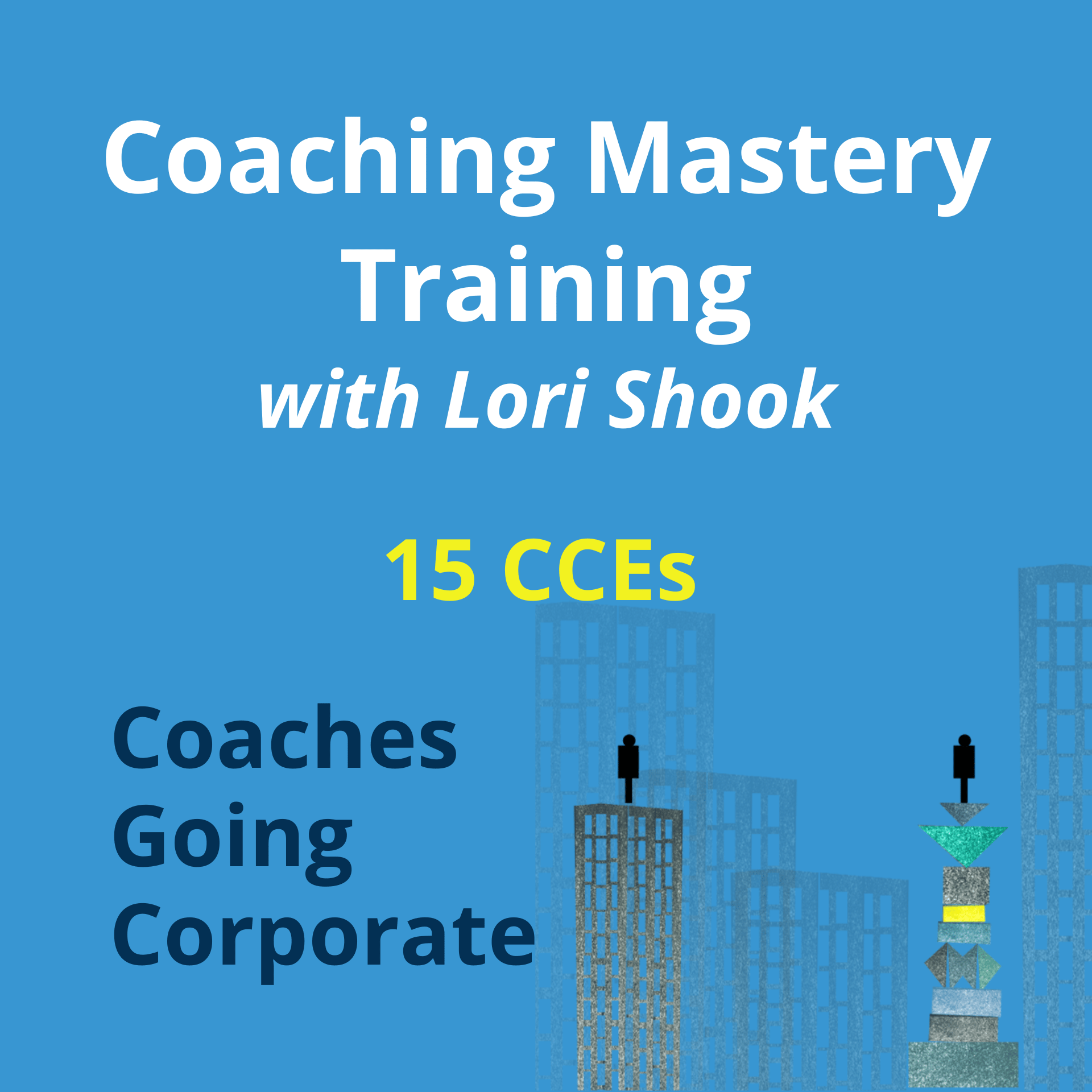
How do you build good coaching habits?
Recently I reviewed the recording of a demo coaching I made many years ago. As I was listening to the client in that session, a question popped into my head that I would ask if I was coaching them live, now. Then I heard my recorded-self ask that exact same question.
The same question! Years ago.
There was something creepy about that for me. When I thought of the question in real time, I thought it was an original. But clearly it wasn’t. It was still a good question and I’m glad I thought of it in both instances. In the recording, it brought the client to some new realisation (which is what should happen in a good coaching session).
But I wondered: have I trained myself to ask the same question in the same/similar situation? And is that really a good thing?
While I didn’t intend to follow some sort of script, it is possible that this was a coaching habit; a style of coaching. The question was useful, and it opened up something new and interesting. I certainly have practised asking open-ended, curious, client-focused and introspective questions over the years with a lot of reflection and adjustment along the way.
This had me realise this simple truth: what we practise is what we develop habits around.
What do you practise?
If you regularly invite the coachee to self-reflect and develop their inner resources while you manage your own desire to problem-solve this will become easy to do. You train yourself in solid coaching habits rather than reinforcing a desire to fix. What you practise becomes second nature.
On the other hand, if you practise doing the client’s work – such as figuring out their agenda, identifying a problem to fix and then “helping” them by suggesting a way forward – you reinforce your own problem-solving habit which will be harder to change into a coaching habit down the road.
Useful habits require attention and a bit of effort
I train many managers in coaching skills and sometimes I get to follow up with them after they have some experience. It’s easy to see the difference between people who were a bit lackadaisical about their training and the ones who embraced “ask and let the client explore”. The latter (who put in some effort) were enjoying coaching a lot and finding it satisfying and enriching to watch their coachees develop. They were also getting strong positive feedback. The others who were more relaxed and didn’t put in the effort were struggling more and they were also not getting such great feedback.
It’s a small sample size, but that’s what I’ve seen repeatedly. The same was true years ago when training coaches in a course room then working with them in a supervision (now known as mentoring) session where I listened to a sample of their coaching. The ones who didn’t put in the effort to embrace the disciplines of coaching were struggling to get out of a problem-solving and fixing orientation.
What habits are you developing?
I invite you to get curious about your own coaching habits. Record a coaching session (with your coachee’s permission, of course) and listen to the kinds of questions you ask and the direction you point your coachee in. If these were habits, would you be happy with them? If not, what would you change? And how will you change that?
To build any habit, it takes practice and repetition. Reflection along the way about what you do and what your impact is, will help enrich what you practise.
Coaches Going Corporate

Coaches Going Corporate is an opportunity to reflect on your coaching habits, refine them and become more masterful.
more info